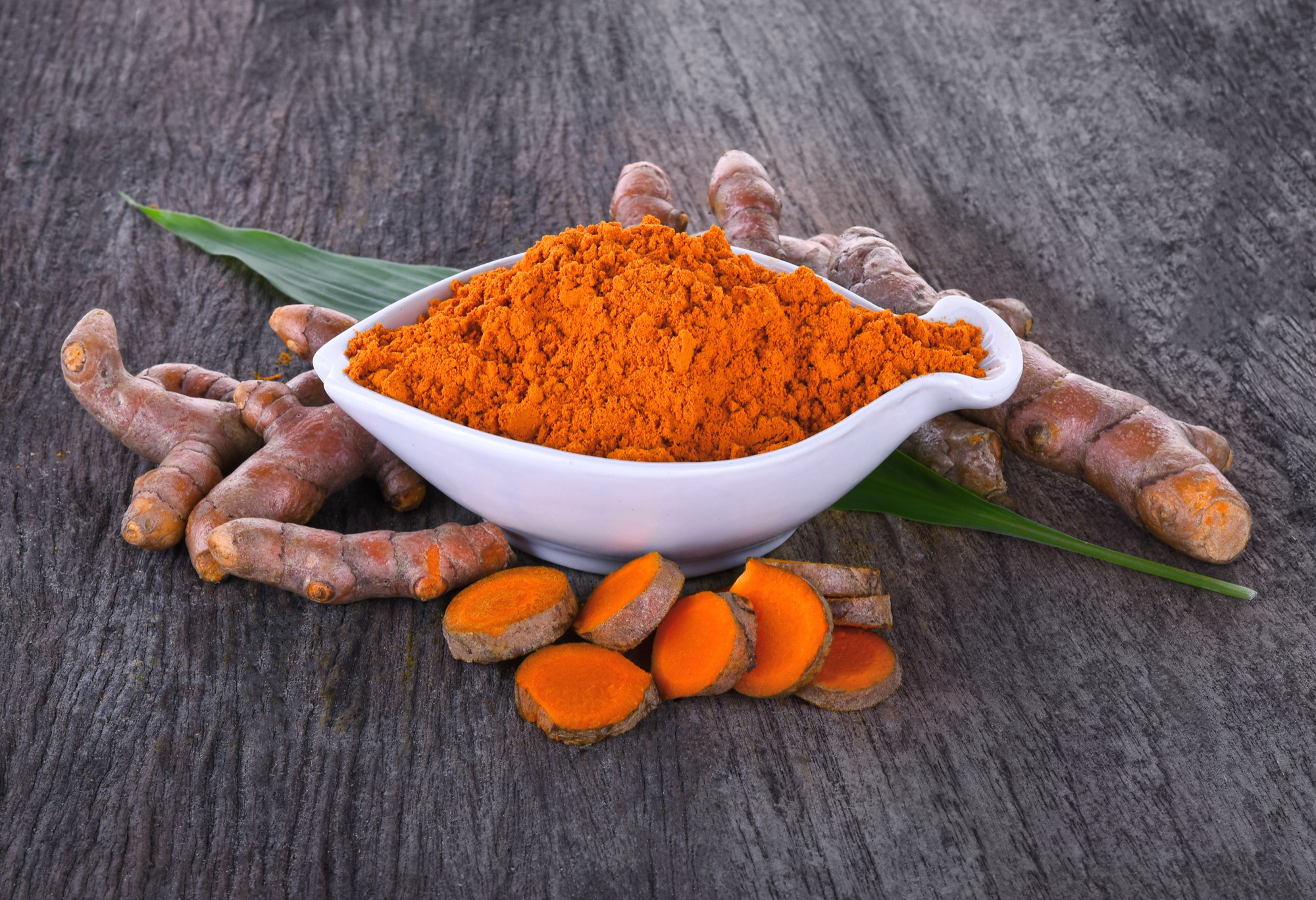“Turmeric is an anti-inflammatory herb known to be the most effective nutritional supplement on earth. Its been used for centuries to treat various issues and it also gives curry powder that yellow pigment. Also known as “Indian Saffron” due to its golden colour, turmeric is related to ginger and is native to Southeast Asia. ”
Have you ever done a bit of research about the health benefits of this herb? Guess you were amazed at the features it possesses? Well, high-quality studies even prove that turmeric has major health benefits for our overall body and the brain. Most of these benefits are due to its major constituent, “Curcumin”. Let’s have a close look at what Turmeric and Curcumin are as well as their health benefits.
What are Turmeric and Curcumin?
Turmeric is a spice or rather a herb that’s been used in India for ages in treating various health ailments. It is an important part of Ayurveda medicine and is thought to have cancer-fighting properties. This herb constitutes of an active compound “Curcumin” which has been thoroughly studied for its disease-fighting properties and benefits to human health.
What are The Health Benefits of Turmeric?
1. Tumeric helps boost the immune system
The anti-inflammatory, anti-microbial, and anti-oxidant properties of curcumin make it the perfect choice for boosting the immune system. Though curcumin isn’t absorbed properly into the bloodstream, regular consumption of black pepper fosters its absorption. This is due to “piperine”, a major constituent of black pepper.
You can also prepare a cold-fighting tea with turmeric, but you’ll need a bit of ginger and black pepper. To prepare:
- Pour 12 ounces of water and add one ounce of turmeric in it and allow it to boil.
- Remove the water from heat and add one-quarter teaspoon of both ginger and black pepper. You can substitute the water for coconut milk to make the tea into golden milk.
2. Turmeric Helps The Body Fight Against Inflammation
Inflammation is the main cause of most health conditions like cardiovascular diseases, cancer and metabolic syndrome. It also affects the efficiency of the brain which leads to cognitive decline. Consumption of turmeric helps to inhibit the secretion of pro-inflammatory genes, thereby blocking the inflammatory response pathways.
To use it in the most effective way ever, you can add turmeric as an ingredient in your go-to salad dressing. It preserves the great taste while retaining a ton of benefits.
3. Turmeric combats free radical damages
This herb (or spice) has been proven to boost the antioxidant capacity of the body and helps combat free radical damages. Doing this helps for the proper functioning of the brain, the immune system, and also the anti-cancer properties. While boosting the body’s natural antioxidant capacity, it directly boosts the immune system. The antioxidant properties also help in protecting the skin against free radical damages like environmental pollutants.
To get an antioxidant boost, pour a teaspoon of turmeric into your favorite smoothie and drink.
4. It relieves Joint pain
Remember curcumin the main constituent of turmeric? It has anti-inflammatory benefits that aid in easing joint pain. Research also shows that turmeric and curcumin can counter pain and inflammations related to arthritis.
If you’re suffering from aches and pains, I suggest you take a smoothie choked with anti-inflammatory, soothing superfoods. You can also go for frozen wild blueberries with roasted steamed beets and turmeric. Thinking of making it a meal, then add your favorite plant protein.
5. Turmeric stands as a remedy for treating and preventing cancer
Turmeric and its constituents have been studied for their role as a preferred remedy for the treatment and prevention of cancerous cells. The research proved fruitful as its results were all on the better side.
To prepare, mix turmeric, cloves, ginger, cinnamon, and black pepper with olive oil with chickpeas. Roast for about 20 minutes till it becomes crispy and eat over a veggie-rich soup.
6. It boosts the brain’s Efficiency
Curcumin has been studied for its ability to boost the brain’s health by fostering and supporting healthy levels of brain-derived neurotrophic factor (BDNF), a hormone that plays an important role in long-term cognitive function.
Turmeric looks and is very palatable with eggs. You can shake it into your scrambled eggs or even an omelet.
7. Turmeric Provides Protection for the Heart
Turmeric and curcumin have been scientifically proven to protect the heart in various ways. One way includes boosting endothelial function while also reducing inflammation and free-radical damage.
You can get these benefits in a nutritious and enticing way by incorporating turmeric into your whole-grain dishes like quinoa, barley or brown rice.
8. Turmeric serves as a mood changer (for good)
In addition to its effects on the brain’s efficiency, the impact of curcumin on BDNF has been proven to have an advantage in treating depression. It does this by reversing the detrimental brain damage that happens when you’re in a state of depression. Curcumin also can boost the levels of mood-regulating neutron transmitters like serotonin and dopamine.
In a research, 60 people with depression were randomly divided into three separate groups. One group took a gram of curcumin, the other group took Prozac while the third group took both Prozac and curcumin. 6 weeks later, it was noticed that people who took curcumin had similar improvements to those that took Prozac. However, the group that took both curcumin and Prozac had more improvements. This small study clearly shows that curcumin can be used as an anti-depressant.
9. Curcumin stands useful in treating Alzheimer’s disease
In the US, Alzheimer’s disease is the most common type of dementia. Though treatments exist for some of its symptoms, there is still no cure for it. To this effect, preventing the disease from occurring at first stands better.
Curcumin also stands as the perfect choice for prevention. Based on research, the primary cause of Alzheimer’s disease is inflammation and oxidative damage to the brain. Well, curcumin helps the body combat inflammation and has oxidative effects. In addition, the basic feature of Alzheimer’s disease is the buildup of protein tangles known as amyloid plaques. Curcumin can help you clear these amyloid plaques.
FINAL WORDS The health benefits of Turmeric can never be overstated. Its uses range from the world of spices to herbs. Boasting both cognitive, inflammatory, and oxidative properties, turmeric is certainly the best healthy choice you should consider today. Do you know more ways this herb is of benefit to human health? Do well as to let us know today in the comment section below.




